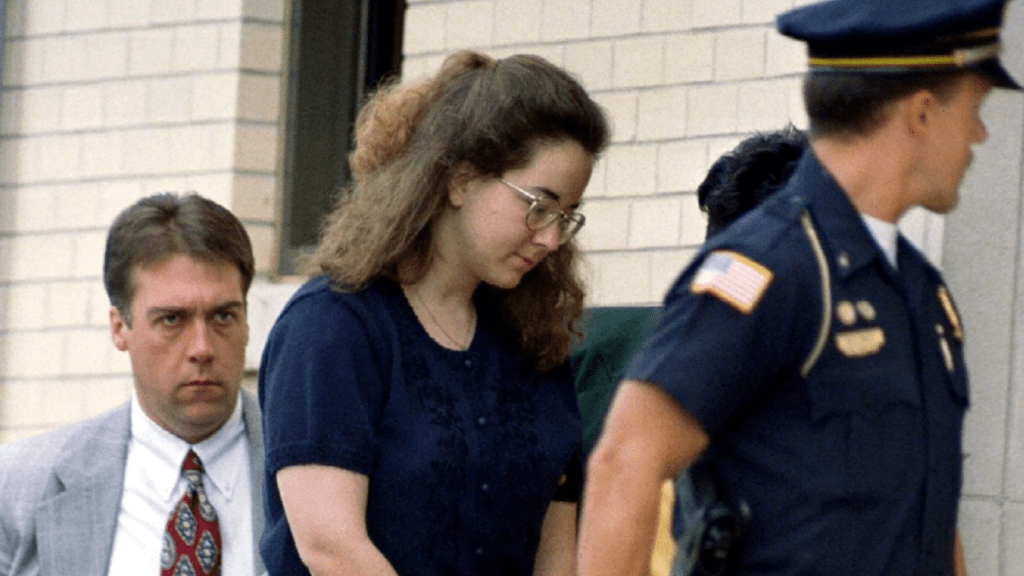
…is 30 years a long enough time for someone who killed children to be forgiven? Should the father of the children have a say in whether the person who did it should be let out of prison? ?
In November 1994, a 23-year-old Susan Smith tearfully told reporters, “I want to say to my babies that your mama loves you so much.” At that time, she claimed her two young sons, 3-year-old Michael and 14-month-old Alex, were kidnapped by a Black man during a carjacking in Union, South Carolina. Her story led to a large search effort and significant media coverage.
However, it was later discovered that her children were already dead, found strapped in their car seats at the bottom of John D. Long Lake. Investigators quickly became suspicious of Susan’s account, and under questioning, she admitted to driving her car into the lake with her sons inside.
The case gained international attention during her murder trial in 1995. The prosecution highlighted that Susan had been having an affair with her boss’s wealthy son, who had recently ended their relationship because he didn’t want children. Her defense argued that she was depressed and suicidal and had not intended to kill her children.
Ultimately, Susan was convicted of murder. Now 53 years old, she has served 30 years of her life sentence and is eligible for parole under the laws at the time of her trial. David Smith, her ex-husband and the boys’ father, said in a recent interview, “They can’t let her out. Thirty years is just not enough. This wasn’t an accident. She deliberately killed Michael and Alex.”
Susan will have the opportunity to speak before the parole board, which only grants parole to violent offenders about 8% of the time. David plans to oppose her release, stating, “I don’t think she’ll ever be rehabilitated. To me, she’s never been really sorry for what she did.” The South Carolina Office of Victim Services has received over 360 messages regarding Susan’s parole hearing, with nearly all opposing her release.
The parole board has the discretion to make its decision immediately after the hearing or later. Susan’s attorney did not respond to requests for comments.
During her time in prison, Susan has faced several disciplinary issues. Recently, she was charged with communicating with a documentary filmmaker, which is against prison rules. They discussed making a documentary after her parole hearing and how she would be paid for it. This resulted in her losing certain privileges for 90 days.
Susan can apply for parole because the jury at her trial chose not to impose the death penalty. Tommy Pope, the lead prosecutor in her case, said he believed a strict punishment was appropriate. He mentioned that some jurors felt that Susan should spend her life in prison, reflecting on her actions.
Pope opposes Susan’s release, stating, “Susan has been focused on herself for 30 years, not Michael and Alex.” He plans to speak at the parole hearing alongside David Smith, who has expressed forgiveness but insists that justice must be served. David has stated that Susan does not deserve to be free again.



